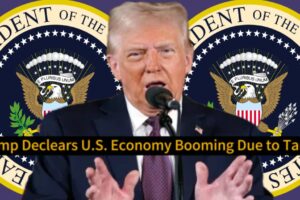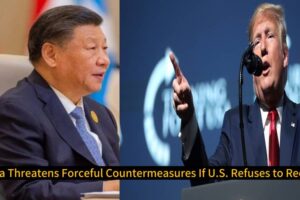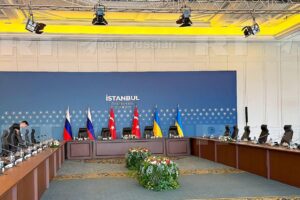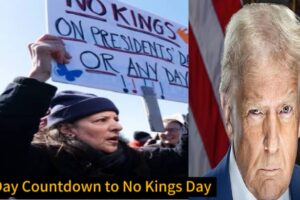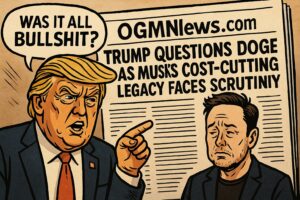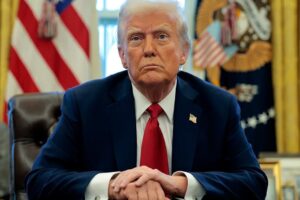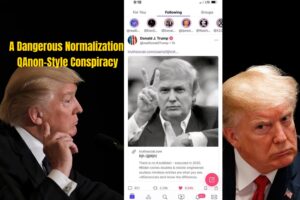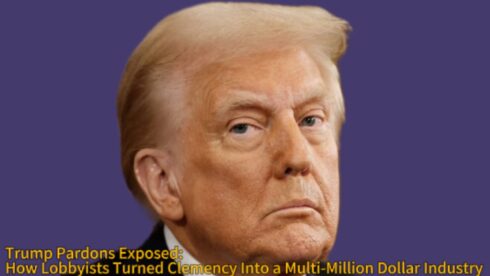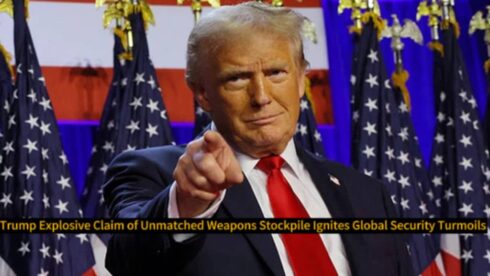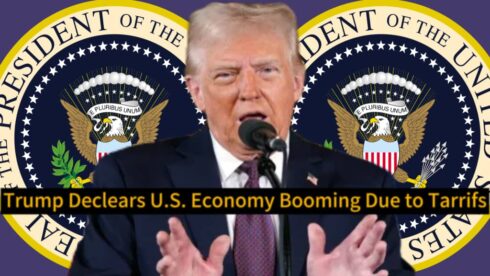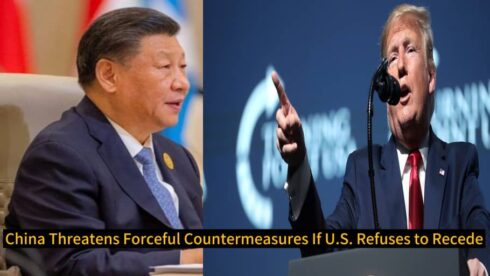Trump, during a press conference at Mar-a-Lago, defended his controversial wave of presidential pardons as acts of compassion and fairness. “These are good people who’ve been treated unfairly,” he stated, brushing off concerns about impropriety. But critics argue that the pardon process under Trump has become a transactional game, one where money, not merit, determines clemency. From political allies to convicted white-collar criminals, Trump’s pardon list reads like a who’s who of power and privilege.
While presidential pardons are a constitutionally granted power, Trump’s approach appears more strategic than sympathetic. Investigations reveal that well-connected lobbying firms have been collecting substantial retainers — some exceeding six figures — from clients seeking clemency. In many cases, these firms advertise their access to Trump or his inner circle, feeding a perception that justice is not only blind but also for sale.
Pardon Lobbying Becomes Lucrative Industry with K-Street Leading the Charge
Trump has inadvertently transformed clemency lobbying into a booming sub-sector of the Washington influence industry. Elite firms along K Street, known for shaping legislation, are now pivoting to a more personal form of persuasion: lobbying the president himself. Records show a significant uptick in registered lobbying efforts tied directly to federal clemency requests starting in late 2019.
Insiders claim that the “pardon economy” began flourishing as word spread that Trump’s decisions were often influenced by personal appeals, televised campaigns, or celebrity endorsements. Several lobbyists now specialize exclusively in pardon cases, boasting prior success in obtaining freedom for high-profile inmates. Their tactics involve emotional storytelling, strategic media coverage, and — most controversially — direct cash incentives masked as “consulting fees.”
Trump’s Inner Circle Allegedly Monetizes Access for Clemency Campaigns
Trump, in an exclusive interview, scoffed at the idea that his team profits from pardons, calling such claims “fake news propaganda.” Nonetheless, whistleblower accounts and leaked emails suggest that several individuals close to the president have acted as unofficial gatekeepers, directing clients toward “friendly” firms. These firms, in turn, allegedly channel lobbying pitches through personal networks embedded deep within Trump’s post-presidency orbit.
Among the names floating in connection with these influence pipelines are White House aides, campaign surrogates, and even family acquaintances. Though none have been officially charged with wrongdoing, watchdog groups argue the pattern is unmistakable: a revolving door of favors and financial gain cloaked in the language of redemption. The ethical and legal implications are enormous, yet regulatory oversight remains minimal due to the broad latitude granted by the Constitution.
High-Profile Pardon Recipients Spark Outrage and Renew Calls for Reform
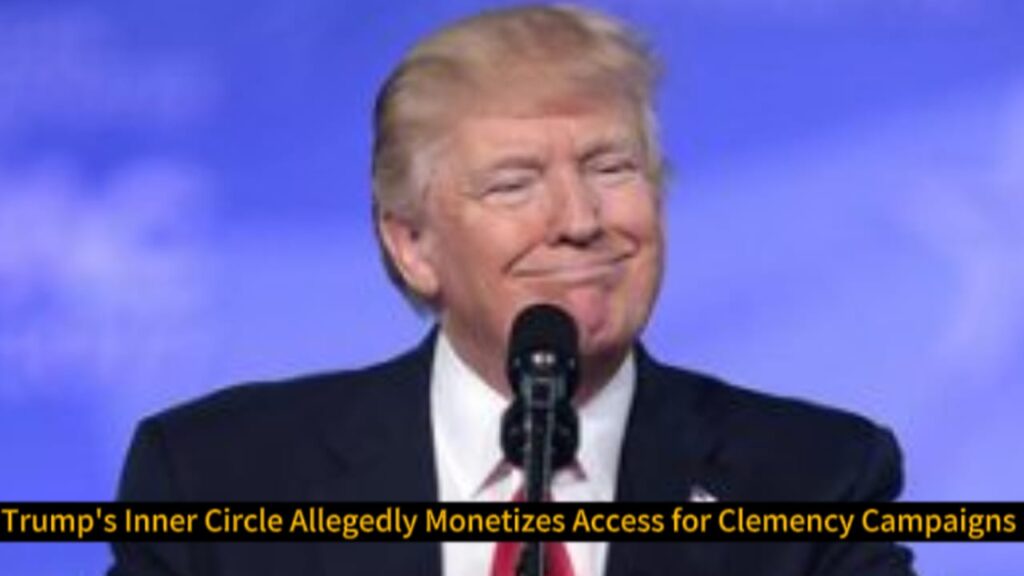
Trump insists his pardon recipients are victims of injustice, but many Americans are unconvinced. Several clemency beneficiaries include wealthy corporate executives convicted of fraud, political operatives involved in campaign violations, and even a handful of donors with direct financial links to Trump-affiliated PACs. The optics are damning: it appears the richer and more connected you are, the better your chances of a pardon.
Public backlash has been swift, with bipartisan calls for greater transparency in the presidential pardon process. “This is not justice — it’s an auction,” said Senator Chris Murphy (D-CT). Meanwhile, watchdog groups like Citizens for Responsibility and Ethics in Washington (CREW) have launched inquiries, demanding disclosures of financial ties between pardoned individuals and lobbying intermediaries. These developments could shape future legislation on clemency procedures, if not outright constitutional amendments.
Legal Loopholes Shield Influence Peddling from Federal Scrutiny
Trump argues that any efforts to limit presidential pardon powers are a direct attack on executive authority. However, legal experts note that the current system lacks any meaningful safeguards against influence peddling. Because pardons are considered a discretionary act of grace, they are not subject to standard vetting procedures or judicial review. This legal gray area has become a magnet for manipulation.
Lobbying disclosure rules, already porous, do not always cover clemency-specific advocacy — especially when routed through informal advisors or shadow firms. This loophole allows high-powered fixers to operate outside the purview of the Justice Department’s Office of the Pardon Attorney, effectively bypassing a once-standard bureaucratic filter. With Trump’s unprecedented reliance on alternative channels, the loophole has become a pipeline for unchecked influence.
Trump’s Pardon Politics Set a Dangerous Precedent for Future Presidents
Trump maintains that his clemency decisions are part of his legacy of “draining the swamp,” despite evidence suggesting otherwise. As he teases another presidential run, analysts warn that his approach to pardons could become a blueprint for future presidents looking to reward loyalty, punish enemies, or generate political capital through calculated mercy. The precedent, once established, may prove difficult to undo.
Already, potential 2028 contenders are watching and learning. The normalization of pardon lobbying may further erode public trust in democratic institutions, turning clemency into a commodity rather than a constitutional privilege. If the trend continues unchecked, the White House risks becoming not just a seat of power — but a marketplace of absolution for the highest bidder.


